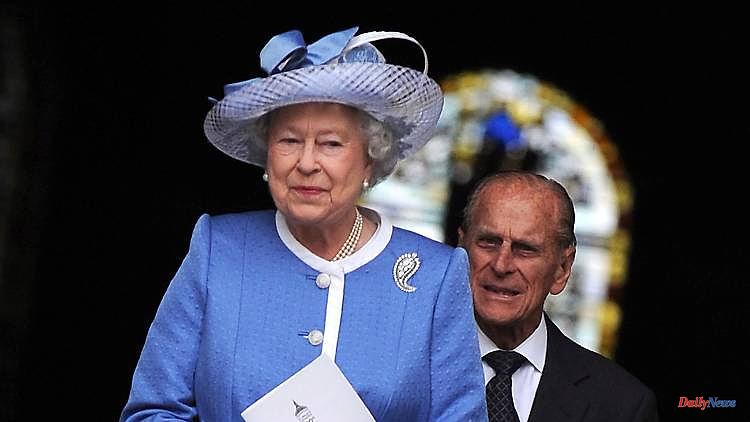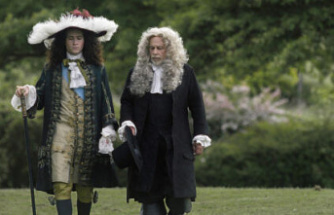Though initially unlikely, Princess Elizabeth Alexandra Mary will become heir apparent at the age of 10 and queen at the age of 25. She has four children and reigns 70 years. What did her work bring to women?
Four children, a more than full-time job and more influence than perhaps any other woman of her time. Elizabeth II made history not only as a queen but also as a woman. During her more than 70-year reign, women's rights in her country and beyond have made great leaps forward. But does that make her a feminist icon?
"The Queen is the ultimate feminist. She is the breadwinner. She is the one on our bills and coins. Prince Philip has to walk behind her," said actress Olivia Colman, who portrays the Queen in Netflix series The Crown. euphoric in an interview a few years ago. The sheer power and fact that a number of men - both in their families and in public - must submit to "Her Majesty" in a still male-dominated world was proof enough for Colman - but that's no consensus.
"It would be absurd to call the Queen a feminist," countered Guardian columnist Rachel Cooke a few days after the monarch's death. Lucy Delap, who is a professor of modern British history and gender issues at Cambridge University, agrees. Although the Queen was a working mother and head of state, she was not really a role model for a powerful and unconstrained woman because she was so materially privileged and the circumstances of her life could not be compared to anyone else, the expert says.
How the Queen thought about the big questions of feminism remains a mystery to Delap to this day. If the queen ever put the F-word in her mouth, at least it hasn't been handed down. However, there are anecdotes from the past few years that, despite all the political reticence, at least cautiously hint at a possible feminist streak in the Queen.
In 1998, for example, she insisted on driving the then Saudi Arabian Crown Prince Abdullah over her property - and driving it herself. She must have been aware that driving a car was still forbidden for women in Saudi Arabia at the time.
In a 2015 speech, the Queen acknowledged that women "now play a much larger role in public life - through their own merit". The British Women's Institute celebrated its 100th birthday at the time. During that time, women won the right to vote, the first British woman climbed Mount Everest and the first British woman was elected Prime Minister - that was Margaret Thatcher in 1979.
The 89-year-old journalist and Labor politician Joan Bakewell - now a lifetime member of the House of Lords - recalls in her memoir how it felt for her as a young woman when the Queen ascended the throne in 1952. "A woman on the throne and not much older than ourselves. There was something light-hearted about it. It felt, well, kind of contemporary, like a turning point for our generation," writes Bakewell.
Young Elizabeth on the throne was followed by many who were first women in their fields, as Guardian columnist Cooke enumerates: Barbara Mandell as Britain's first female newsreader in 1955, Hilda Harding as the first female bank manager and the first women in the London House of Lords are just a few of them.
That she may not have been a feminist does not mean "that her accession to the throne was not a crucial milestone on the way to the second wave of feminism," writes Cooke. This refers to the struggle of the feminists of the 1960s and 1970s, who campaigned, among other things, for equality in the world of work, in relationships and for sexual self-determination.
The fact that a woman was at the head of the United Kingdom for all this time and even longer had appeal far beyond that. With the death of the Queen, a female era comes to an end that will not be followed any time soon. Charles, William, George - in the first royal row there are only men for the time being. Her wives, like Camilla as "Queen Consort" (queen consort) are merely companions who, when in doubt, walk a step behind their husbands.












